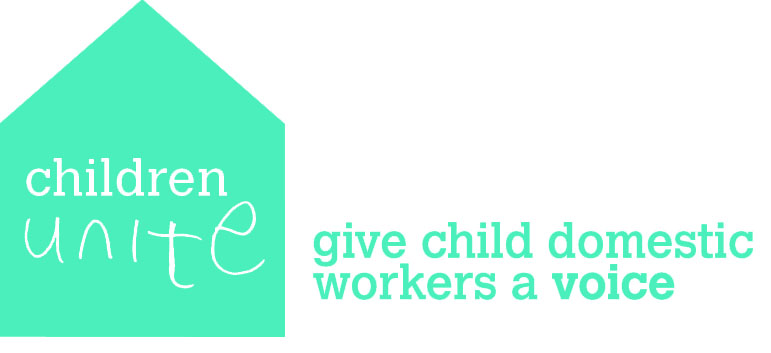 Earlier this month, armed with 200 pairs of rubber gloves I joined a roadshow in Bristol of the Methodist Women in Britain (MWiB). Here I spoke for the first time about Children Unite's campaign on the International Labour Organizations's Convention on Domestic Work. Although we're not launching our campaign until March 2012 this was a chance to test the waters and see how the whole campaign idea is received. I asked the women at the roadshow to buy a pair of Traidcraft rubber gloves (for the bargain, today only, while stocks last price of £1) and then to sign them and give them back to me. When we have a mountain of gloves we will organise an event to deliver them to Vince Cable's department of Business Innovation and Skills (responsible for adopting the convention). The President of Methodist Women in Britain, Jill Baker, signed the very first pair of gloves....to start the ball rolling so to speak.
Earlier this month, armed with 200 pairs of rubber gloves I joined a roadshow in Bristol of the Methodist Women in Britain (MWiB). Here I spoke for the first time about Children Unite's campaign on the International Labour Organizations's Convention on Domestic Work. Although we're not launching our campaign until March 2012 this was a chance to test the waters and see how the whole campaign idea is received. I asked the women at the roadshow to buy a pair of Traidcraft rubber gloves (for the bargain, today only, while stocks last price of £1) and then to sign them and give them back to me. When we have a mountain of gloves we will organise an event to deliver them to Vince Cable's department of Business Innovation and Skills (responsible for adopting the convention). The President of Methodist Women in Britain, Jill Baker, signed the very first pair of gloves....to start the ball rolling so to speak.I went to the event with my mum, a longstanding member of MWiB and the whole event was both familiar and surprising. It was very Methodist: lots of Wesley's hymns and prayers and a bible reading (I was brought up a Methodist so am used to this) but it also surprised me. For a start, there was the most beautiful display of cupcakes I've ever seen (all we ever got at our church was a rich tea biscuit and some weak orange squash). But what surprised me more was, I suppose, the solidarity and the feeling of 'sisterhood' I found for women in Zimbabwe, Korea, Samoa - women all over the world. The quiet excitement that in many developing countries the movement of Methodist women is powerful and growing. I had a good laugh on my stall, joking about what to write on the gloves, how to deliver them to Vince Cable...the cup cakes went down a treat too!
 But there was also a more serious side to the event – perhaps motivated by a sense of injustice at ‘a woman’s lot’, it wasn’t quite articulated as anger but there was definitely something there. It was there when I spoke about child domestic work being seen as commonplace (and therefore ignored) because it is judged as good training for girls who will only go on to become wives and mothers. Domestic work is something all women have a responsibility towards, even if they don’t do it themselves. It therefore felt quite natural talking about domestic work, rubber gloves and political action.
But there was also a more serious side to the event – perhaps motivated by a sense of injustice at ‘a woman’s lot’, it wasn’t quite articulated as anger but there was definitely something there. It was there when I spoke about child domestic work being seen as commonplace (and therefore ignored) because it is judged as good training for girls who will only go on to become wives and mothers. Domestic work is something all women have a responsibility towards, even if they don’t do it themselves. It therefore felt quite natural talking about domestic work, rubber gloves and political action.
